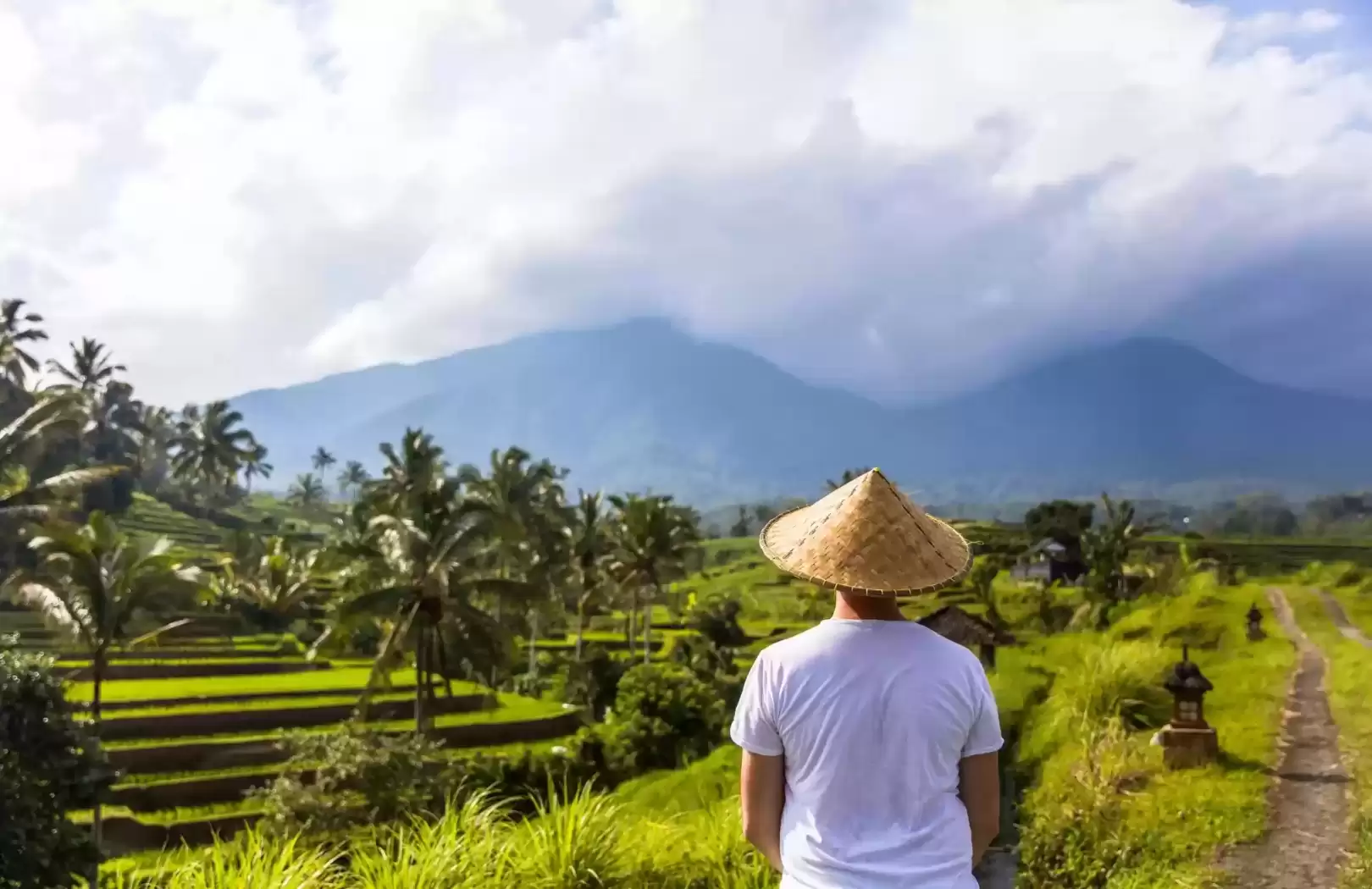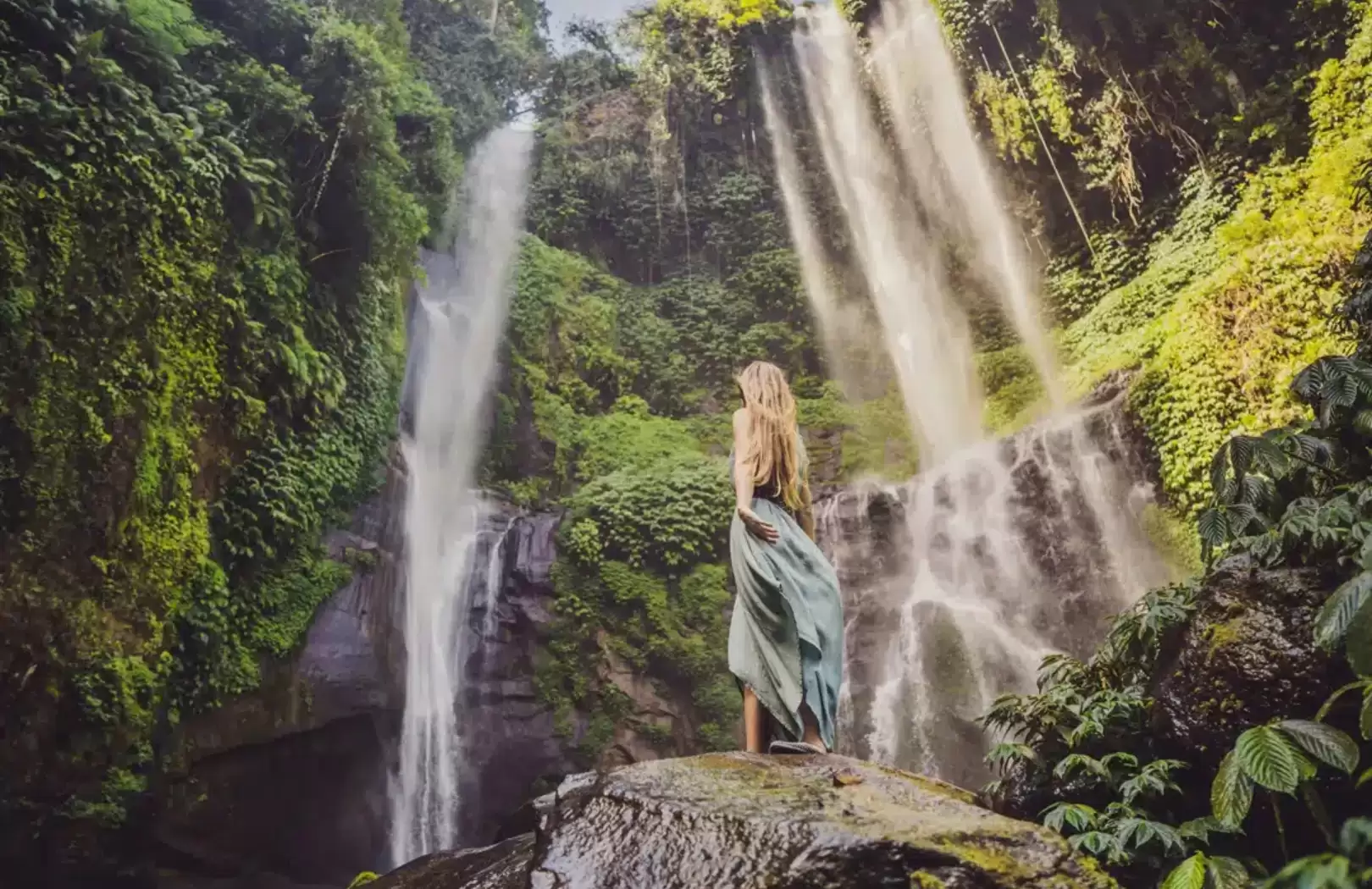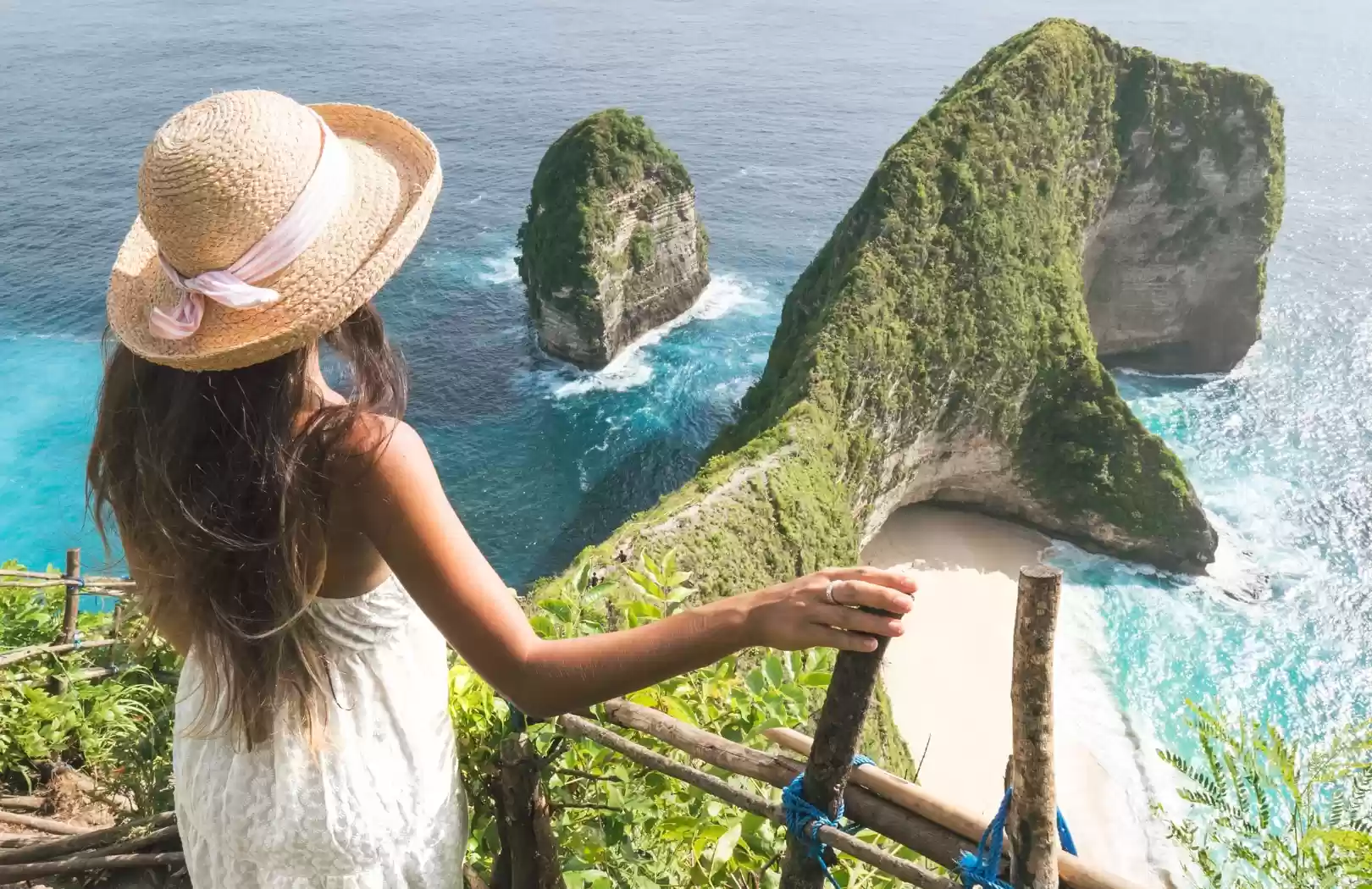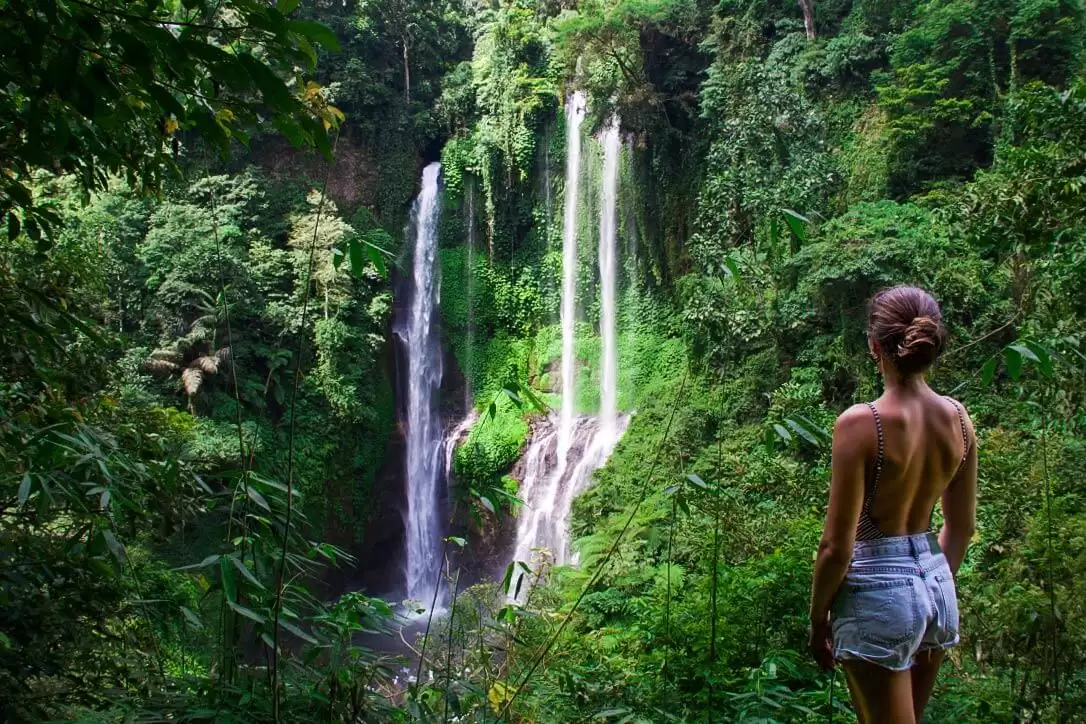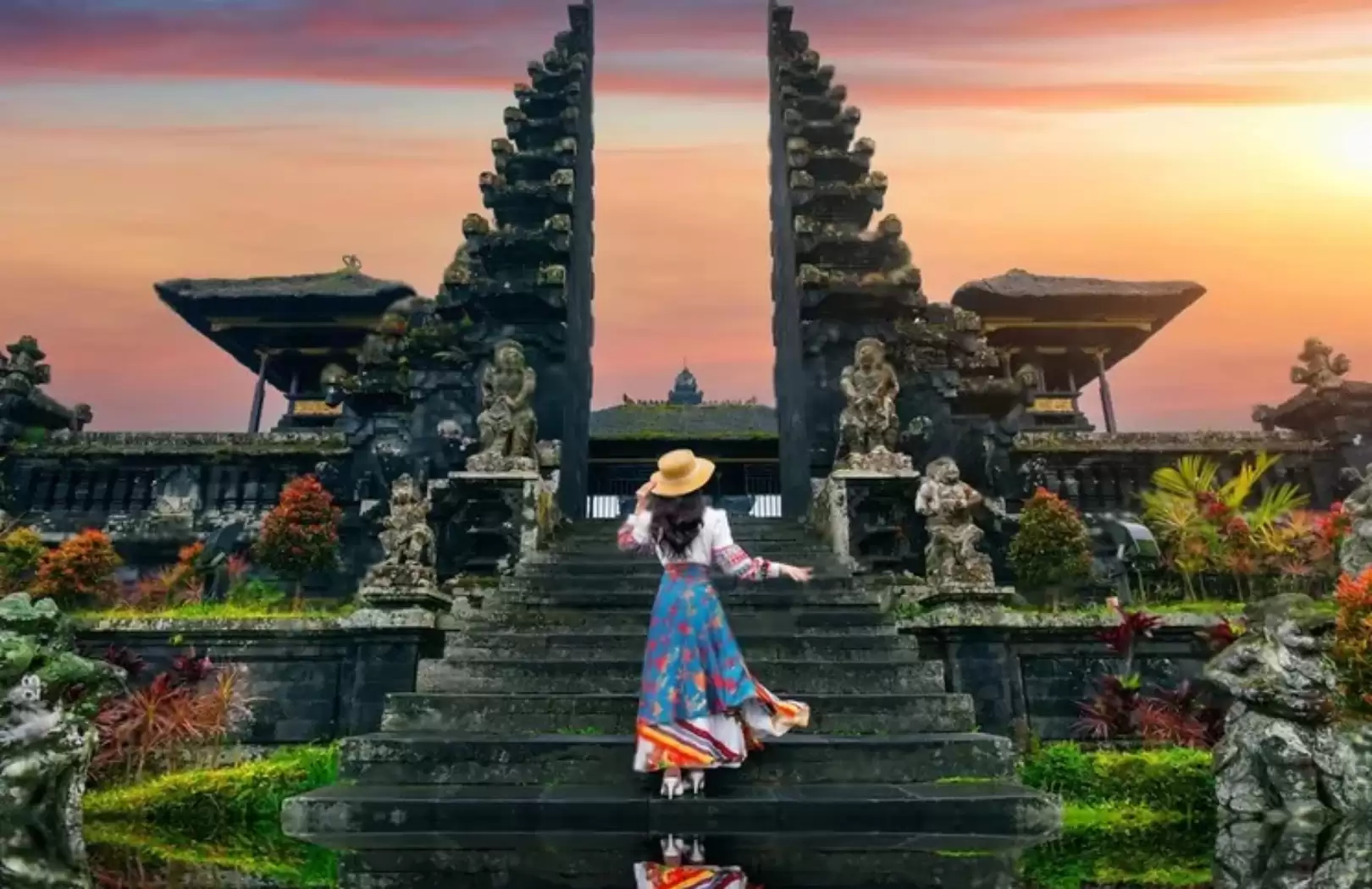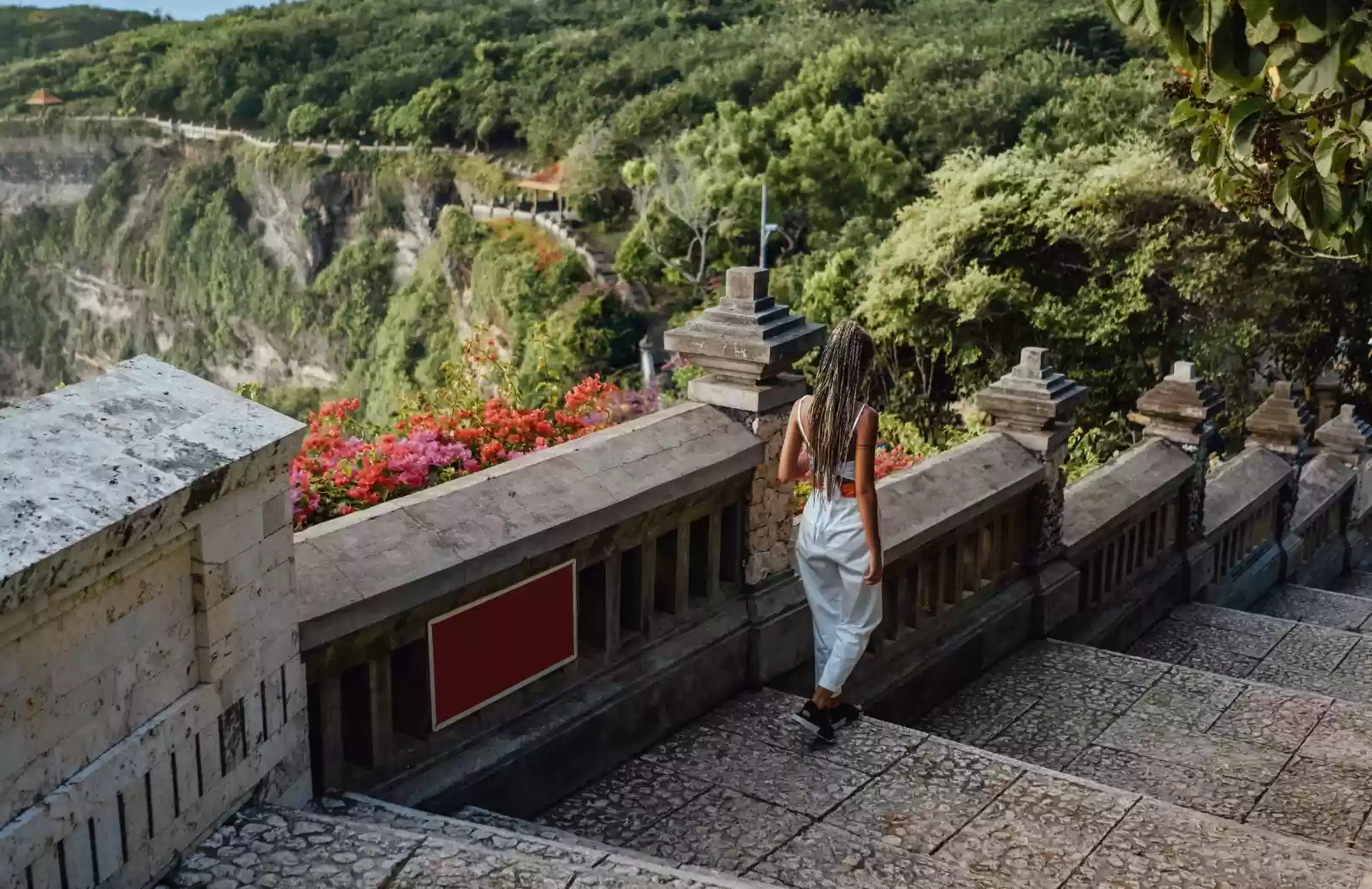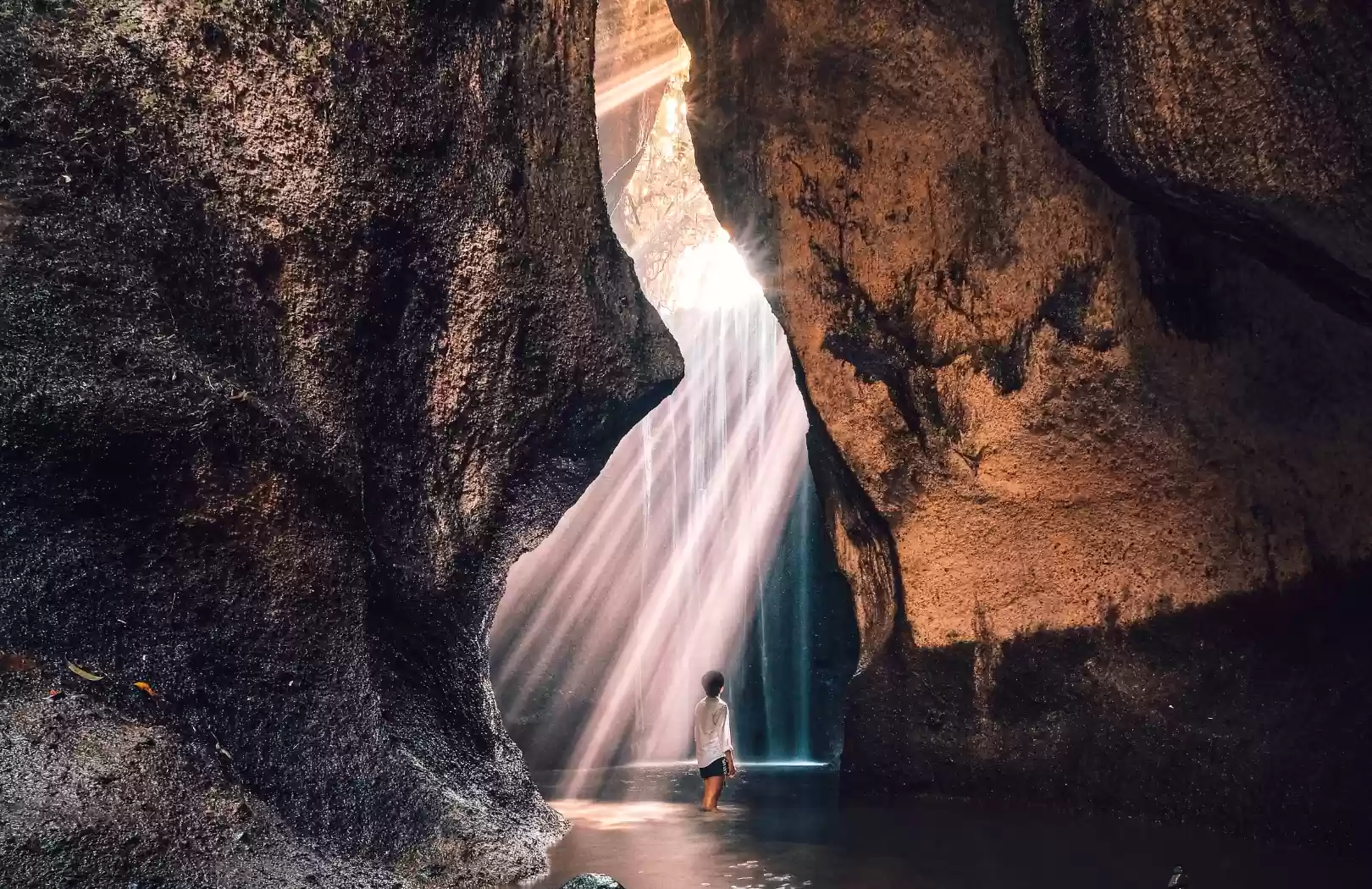Jatiluwih Rice Terrace
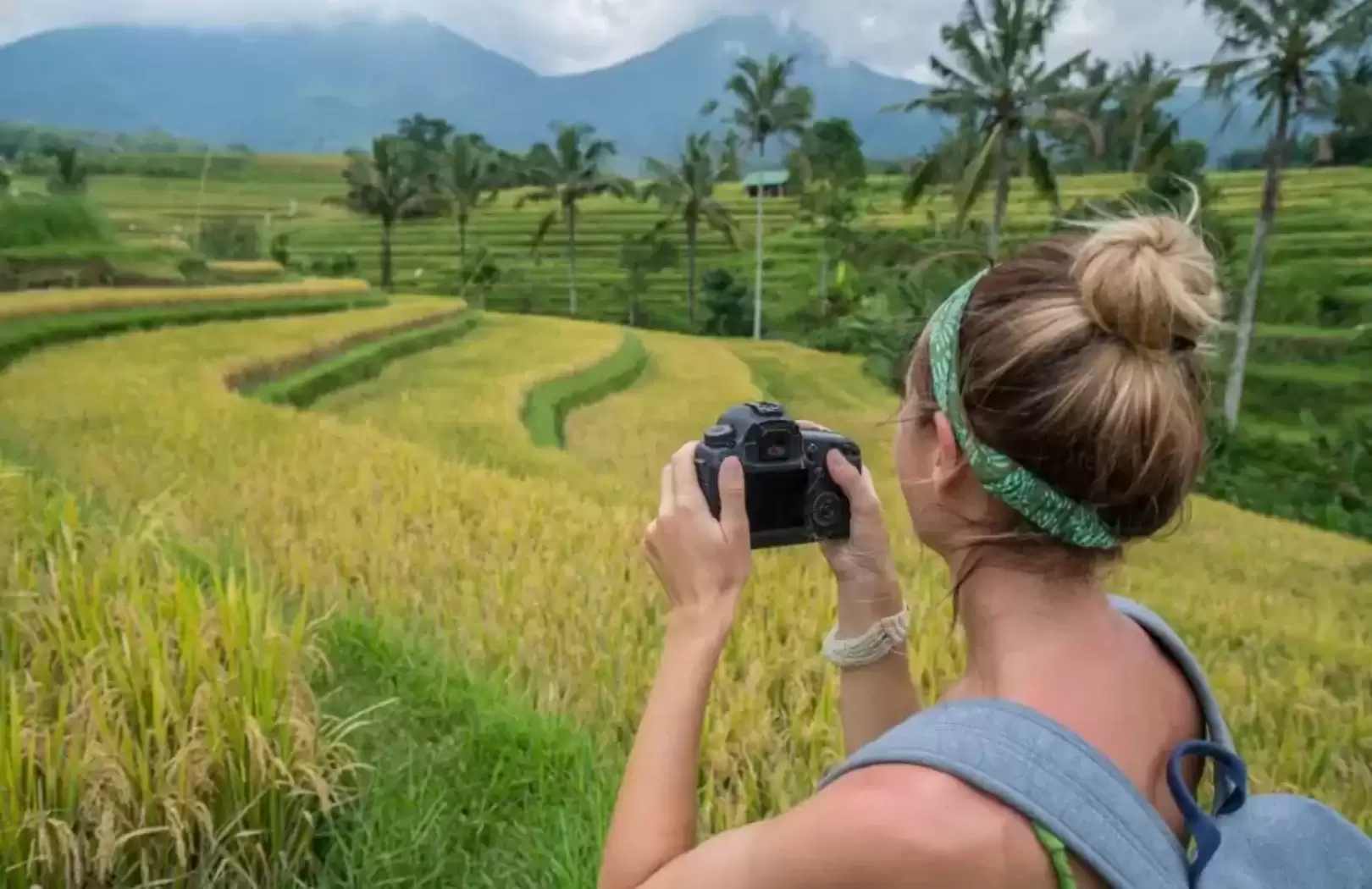
Jatiluwih Rice Terrace: Where Time Slows and the Spirit Breathes
Of all the places I’ve visited in Bali—beaches, mountains, islands, temples—there is one that always brings me peace unlike any other: Jatiluwih Rice Terrace. It’s not loud, dramatic, or wildly photogenic like some of Bali’s more famous destinations. But for me, Jatiluwih is the heart of Bali’s soul—gentle, timeless, and deeply spiritual.
As someone who works in the tourism industry and often moves at a fast pace, I find Jatiluwih to be a sacred pause. It’s where I go not just to relax, but to reconnect—with my island, with the traditions of my ancestors, and with myself.
First Impressions That Stay Forever
The first time I visited Jatiluwih was years ago, before it was officially recognized as a UNESCO World Heritage Site. I wasn’t there as a tour guide or a businessman—I was just a young man on a motorbike, exploring Bali’s inner roads. I still remember the moment the road curved, the trees opened up, and I saw the terraces stretching across the horizon like green waves carved into the land.
It was a clear day, and Mount Batukaru stood tall in the background. The sky was soft blue, the paddies glowed in shades of emerald and jade, and farmers in conical hats moved slowly through the fields. There was no music, no traffic, no rush—just the rhythm of water, wind, and earth.
Something in me shifted that day. I knew I would keep coming back.
The Living Harmony of Subak
One of the things that makes Jatiluwih so special is its irrigation system, known as subak. This isn’t just engineering—it’s a philosophy. The subak system reflects the Balinese belief in Tri Hita Karana, the three pillars of harmony: with God, with nature, and with other people.
Water here is considered sacred. It flows through hand-dug canals from holy springs and mountain streams, and its movement is managed collectively by local farmers. There’s no competition, no greed—only cooperation. Every farmer receives their share, not because they paid more, but because they are part of the community.
When I walk through Jatiluwih, I don’t just see agriculture—I see a way of life that has existed for centuries. I see people who understand that prosperity doesn’t have to come at the cost of nature or culture. It’s a reminder of what balance truly looks like.
A Walk Through Peace
I’ve walked the paths of Jatiluwih dozens of times, but each walk feels different. Sometimes I go alone, sometimes with family, sometimes with guests. But the effect is always the same: silence, clarity, and a deep feeling of being grounded.
The paths weave gently between paddies, and you can hear everything—birds chirping in the distance, wind rustling through the rice stalks, the soft splash of water in the channels. It’s like nature is whispering, reminding you to slow down.
One of my most cherished memories here was taking my daughter for a walk through the terraces. She was still a toddler, curious and full of energy. I let her run along the trails, laughing and picking wildflowers. Watching her reminded me of my own childhood—barefoot in the village, chasing dragonflies, playing in muddy fields without a care in the world.
In that moment, I felt a deep gratitude—not just for the view, but for the legacy. This land, this lifestyle, this quiet beauty—it’s what makes Bali more than just a destination. It’s home.
More Than Just Rice Fields
Jatiluwih may be known for its rice, but it holds so much more than that. Along the trails, you’ll find temples, shrines, and small altars where local farmers place offerings each morning. These are not for tourists. They are for Dewi Sri, the goddess of rice and fertility, who is believed to bless the land.
Sometimes, if you're lucky, you’ll stumble upon a small ceremony in progress. Gamelan music floating through the air, men in white sarongs, women carrying colorful offerings on their heads. The entire area becomes a living stage of devotion, reminding us that spirituality is not limited to temples—it exists in every leaf, every grain, every drop of water.
The View From Above
One morning, I brought a small group of international guests to Jatiluwih for sunrise. We started early, around 4:30 a.m., and arrived at the top of the terrace just as the first light broke through the clouds. The paddies below were still covered in fog, and slowly, golden light began to pour over them like honey.
We sat on a ridge, drinking Balinese coffee and saying nothing. Nobody needed to speak. The view did the talking. One guest later told me it was the most peaceful moment of her life.
Moments like that are why I do what I do.
Preserving What Matters
I worry sometimes that Jatiluwih will become “the next big thing” and lose its essence. But so far, the village has done an admirable job of protecting its identity. Local regulations limit the types of buildings that can be constructed. Roads are kept small. Tourism is welcomed, but not allowed to overwhelm.
As a business owner, I see the temptation to expand, to add more, to make things “bigger and better.” But Jatiluwih reminds me that better doesn’t always mean more. Sometimes, the greatest luxury is simplicity.
I often include Jatiluwih in our O.Y.I journeys for guests who are not just seeking a checklist of sights, but those who are looking for meaning. I tell them: come here with respect. Don’t just take photos—take it in. Learn from it. Let it teach you how to slow down and see differently.
Final Thoughts
Jatiluwih may not be the flashiest destination in Bali. But for me, it is one of the most important. It is a place where culture, nature, and spirituality live together in quiet harmony.
In a world that moves too fast, Jatiluwih asks you to walk slowly. In a time where noise is everywhere, it invites you to listen—to the wind, the water, the earth beneath your feet.
And every time I leave, I do so a little more whole than when I arrived.
If you ever make your way to Bali, I hope you find your way to Jatiluwih. Don’t go just to see it—go to feel it. And let it remind you of the beauty of balance.

